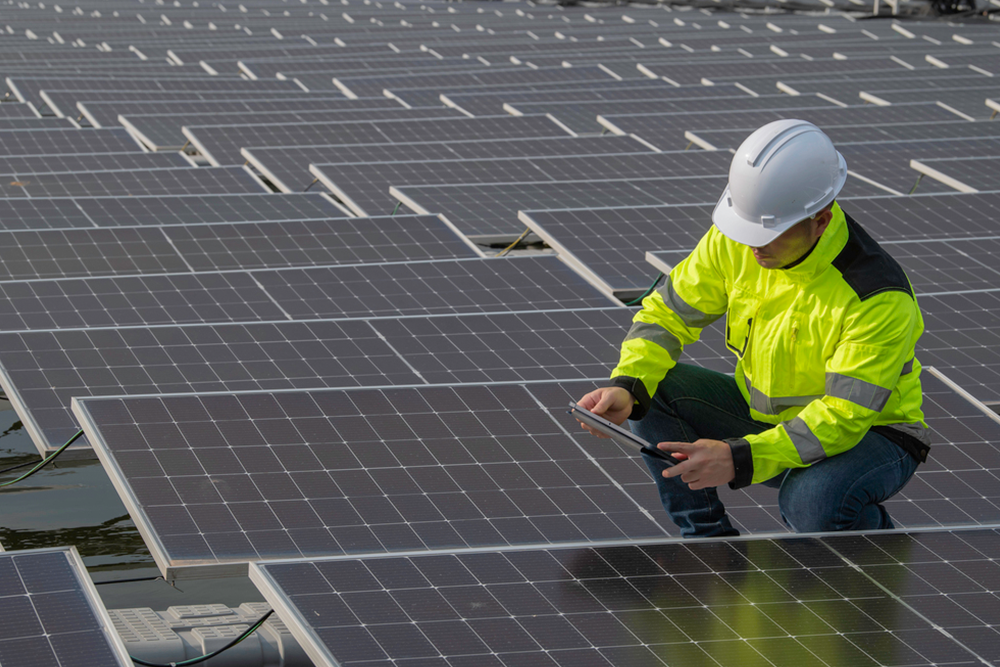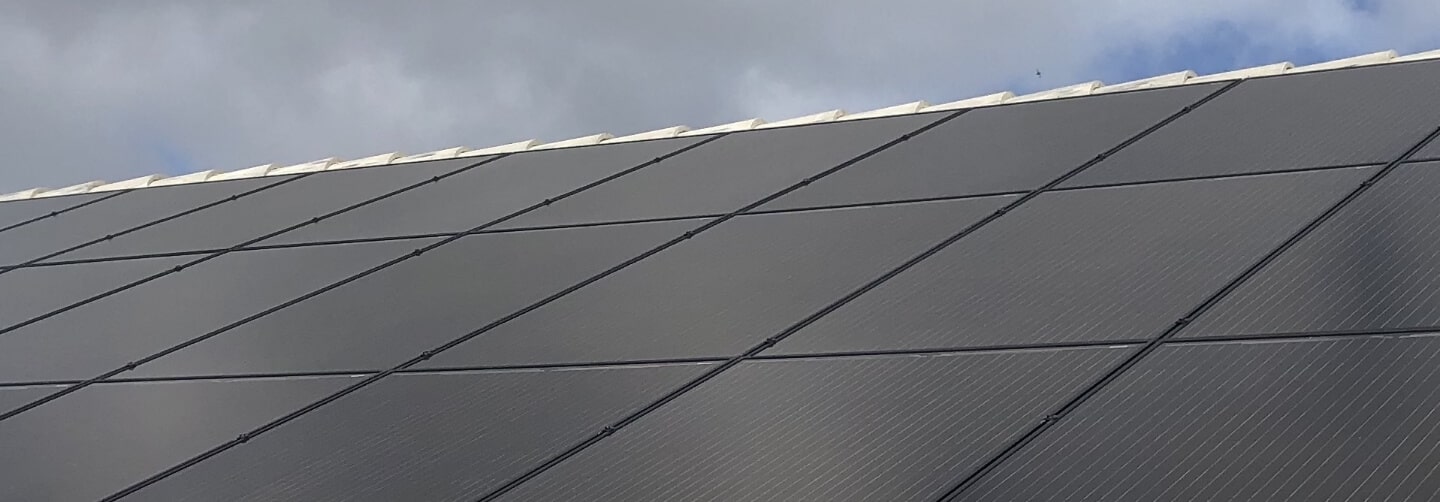Solar Panel Tax Credit In Florida For 2025

The transition to solar energy has never been more time-sensitive for Florida homeowners. Rising electricity rates, hotter summers, and national policy changes are impacting the energy space. Families are feeling the effects of utility costs that continue to climb each year. Meanwhile, high demand for cooling systems puts additional strain on household budgets.
At the same time, the federal tax credit for solar panels gives families across Florida a powerful financial incentive to adopt solar now. In 2025, the credit remains at 30 percent. Still, new legislation has set an expiration date that makes this the final year to take advantage of one of the most valuable programs available for home energy upgrades.
Acting now means locking in thousands of dollars in savings before the incentive disappears. It also involves building long-term protection against unpredictable energy costs and strengthening the value of your home.
Solar Panel Tax Credit in Florida in 2025
The federal Investment Tax Credit (ITC) allows homeowners to claim 30 percent of their system’s cost as a direct credit on their federal tax bill. Unlike a deduction, which lowers taxable income, this program reduces the actual amount of tax owed.
If your solar system costs $22,000, the ITC lowers your tax bill by $6,600. If the credit exceeds the amount of taxes you owe, the balance rolls forward to the next year until you capture the full value.
The ITC was structured to remain at 30 percent through 2032, then gradually step down to 26 percent and 22 percent before ending in 2035. That timeline changed in 2025 when Congress passed a reconciliation bill that eliminated the gradual phase-down.
The new law ends the residential ITC after December 31, 2025, with no carryover at all into 2026. That single decision shortened the opportunity by almost a decade and made the 2025 tax year the most important one in the history of the federal program.
Homeowners in Florida now face a deadline-driven choice. Installations completed in 2025 qualify for the full 30 percent credit. Installations completed in 2026 or later will not be eligible for any federal credit. Because utility approvals can take weeks, waiting until late in the year can create risks. The safest approach is to complete the installation well before the December 31 deadline.
What the Tax Credit Covers
The tax credit covers most of the expenses involved in a solar installation. Eligible costs include the panels, inverters, wiring, and racking, along with labor, permitting, inspection fees, and developer costs. Energy storage systems also qualify if they store at least three kilowatt-hours of electricity.
Many homeowners now add batteries to maximize the value of their systems, and those investments fall under the 30 percent credit. Eligible expenses also include sales tax, a big advantage in states like Florida, where large purchases are taxed.
Not every cost qualifies. Roof repairs that are unrelated to solar, tree trimming, and general home improvements fall outside the program. Homeowners planning roof work or other upgrades should separate those expenses from their solar system to avoid complications when filing for the credit.
To claim the credit, homeowners must keep copies of all receipts, invoices, and the utility’s Permission to Operate letter. These documents are not submitted with the tax return but serve as proof if questions arise later. Filing requires IRS Form 5695, which calculates the credit amount and transfers it to Schedule 3 and then to Form 1040.
Many households choose to work with a licensed tax professional, but the process is straightforward when organized records are available.
Florida Solar Rebates and Local Incentives
The federal ITC delivers the main benefit, while Florida’s policies add extra value. Homeowners get a sales tax exemption on solar equipment and protection from property tax increases, even without a state income tax credit.
This means when a family installs a solar system, they do not pay sales tax on the purchase. They also do not face higher property taxes even though solar raises their home’s market value.
Florida utilities also offer net metering, a billing policy that credits homeowners for excess electricity their system sends back to the grid. When solar panels produce more electricity than the home uses, that power flows to the local grid, and the utility issues credits that offset future bills.
Over time, these credits add up to thousands of dollars in savings. Some utilities may also provide rebates for solar installations. In certain markets, homeowners can generate additional income through Solar Renewable Energy Certificates, or SRECs.
Together, these state-level incentives combine with the ITC to create a structure that supports fast payback on solar investments. Homeowners can capture 30 percent back on installation and also save through exemptions and long-term bill credits.
Why Florida Homeowners Shouldn’t Wait
The change in federal policy has created a once-in-a-generation decision point for Florida families. In past years, homeowners could plan around a gradual reduction in the ITC, but that option no longer exists. The credit disappears entirely after 2025. Families that delay face higher upfront costs, fewer incentives, and longer payback timelines.
Solar adoption in 2025 represents an opportunity for homeowners in Tampa, Cape Coral, and throughout Southwest Florida to take control of energy costs. They can protect against utility rate increases and add value to their homes. The combination of the federal ITC, state-level exemptions, and net metering makes the financial case stronger than ever. Waiting until 2026 removes one of the most considerable benefits available in the history of solar policy.
Partnering with the Right Solar Company
As a veteran-owned and operated company based in Cape Coral, Solar Energy Solutions of America specializes in solar electric systems for Florida’s climate and energy demands. Our in-house team handles every step of the process without subcontracting, from initial consultation to installation and final utility approval.
We also offer residential photovoltaic solar electric solutions that help families achieve energy independence and capture every available incentive.
We work with families across Southwest Florida to make the transition easy and valuable. The window to act is now. Capture the savings and benefits before the opportunity closes. Contact us today to create a system for your home and goals.
